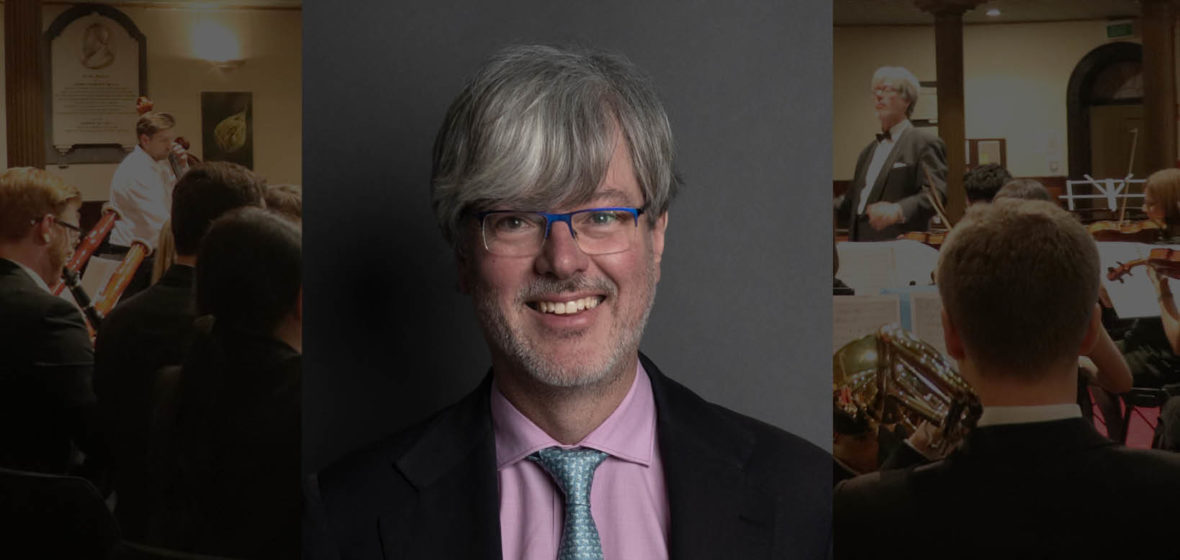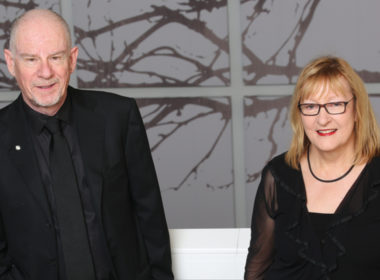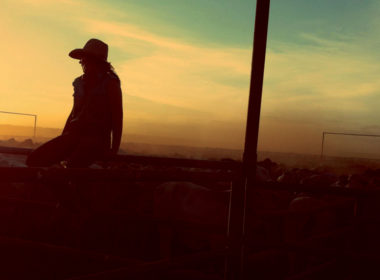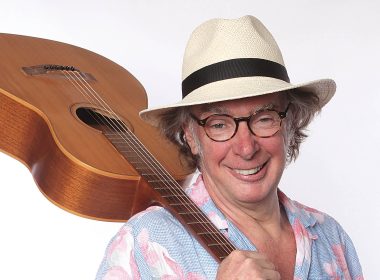Thomas Jones joined the legal profession after years of working in the United States as a professional violinist, and now he's recruiting for other musicians.
If you think about classical music, a few big names spring to mind. There’s the baroque technical perfection of Bach, the sunny classical melodies of Mozart, or the romantic energy and strength of Beethoven, to name a few. Melbourne-born composer and poet Henry Tate, who was once described as a “slightly cadaverous man with great luminous eyes”, probably isn’t one of them.
And yet, something about him captured the attention of orchestral conductor Thomas Jones, a partner in the competition and commercial groups of Bird and Bird in Sydney. Tate loved bird songs – he’s believed to have collected more than 100 varieties – and was committed to creating a distinctly Australian sound. His work Bush Miniatures incorporated a number of them into its jaunty soundscape, which the Sydney Lawyers Orchestra brought to life under Jones’ baton at its Christmas concert.
“We play an eclectic mix,” says Rosalind Croucher, President of the Australian Human Rights Commission. A former professional musician – who plays oboe and cor anglais (a reed instrument similar to oboe but longer) – she held a full-time role in the Australian Opera and Ballet Orchestra while studying law at the University of Sydney. Croucher tells LSJ she joined the Sydney Lawyers Orchestra to get back into music after starting her family.
“Thomas is particularly interested in promoting Australian works that have been hidden in cupboards,” she laughs. “How to describe his leadership style? He’s very passionate. It’s enormous fun.”
Second movement
Jones picked up the violin at the age of about seven and excelled. It led him to study at the Sydney Conservatorium of Music, play with the Sydney Youth Orchestra, and win several scholarships.
Initially, he studied a combined Arts/Medicine degree, but after a short time, he ventured to the United States to study performance and conducting at the University of Indiana under the great Josef Gingold. Nowhere else, he explains, has he witnessed such excellence and beauty – in that sense, this period of intense study was almost a religious experience. After graduating, Jones joined the Atlanta Chamber Players, which is the premier classical group in America’s southeast, and toured professionally.
“At some point I got disillusioned,” he tells LSJ. “I never lost my faith in music, I have an abiding belief in music as the greatest gift to humanity, but I lost my faith in it as a profession. Maybe I just wasn’t tough enough. I wanted to be a soloist, and it requires enormous resilience and a great deal of good luck.”
For a range of reasons, both personal and professional, he decided to change course and study law. This decision wasn’t totally out of the blue – Jones’ father was also a lawyer – and he says he’s always felt there would be several distinct chapters to his career. The first was committed to pursuing his love for music, but the second is dedicated to engaging in the intellectual rigour of the law, balancing the two sides of his brain.
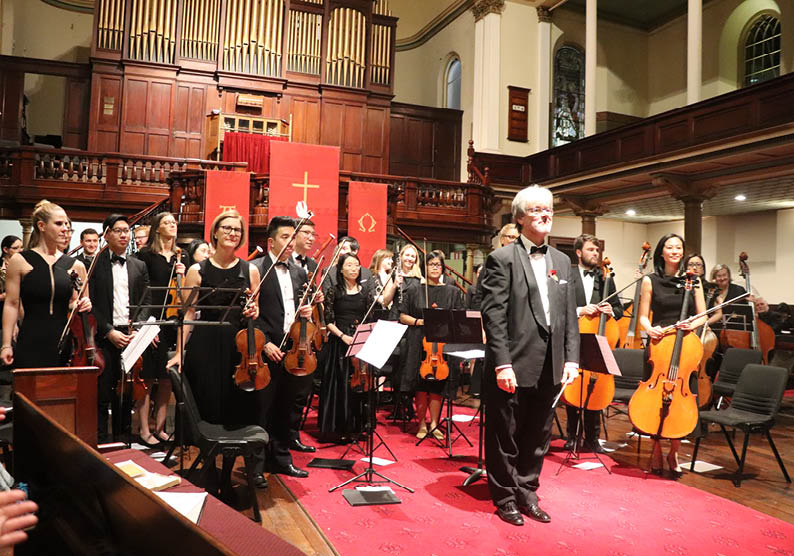
The power of many
It was while Jones was working as a partner at Corrs Chambers Westgarth about eight years ago that he first floated the idea of a Sydney Lawyers Orchestra. He was inspired by the story of America’s National Medical Orchestra, a group of physicians and surgeons – all trained in classical music – that has played on stages as great as New York City’s Carnegie Hall. If doctors could do it, why couldn’t lawyers?
Immediately, there was interest, and the group’s first performance took place at a memorial service for Malaysian Airlines Flight 17, which was shot down over Ukraine in July 2014. It grew to include annual Christmas concerts, then a number of dynamic and varied performances throughout the year.
“The sense of community is very important,” he explains. “There are a lot of people who play in the orchestra who could have had careers as professional musicians – and some did. But it’s really about getting like-minded people together, having a drink, eating some chips, and talking about music.”
It’s something Isabelle Guyot, Managing Associate in technology, media, and telecommunications at Allens, has missed keenly throughout the pandemic. Guyot plays viola – a stringed instrument that sits between a violin and a cello – and joined because she loves playing as part of a larger ensemble.
“I don’t practise that much by myself,” she admits. “But I really enjoy playing with others. You meet new people, you play new things, you learn about different music – it’s wonderful for that. Thomas always seems to find music that is beyond the scope of the common stuff people recognise. He usually has a story about where he found it, or the story of the composer, which is always quite interesting.”
Painting a huge canvas
For Jones, the orchestra is a valuable creative outlet. He tells LSJ, first thing in the morning as a packed schedule looms, that you have to make time for the things that matter. He doesn’t play as often as he used to, and acknowledges he’s been really enjoying the shift into conducting.
“The violin is an extension of my soul – I know that when I play the violin, I can play reasonably well, but it’s not like it was when I was in America 25 years ago,” he says. “But I’ve always liked conducting. It’s like an artist painting a huge canvas. It’s creative, and it’s emotional. It’s incredibly important to me.”

